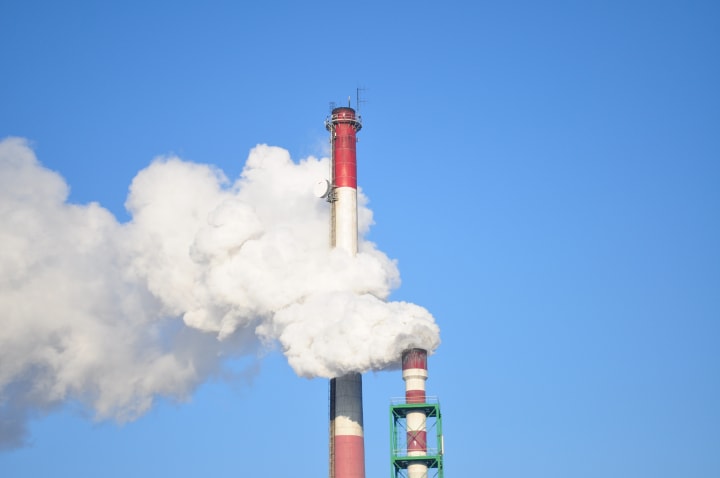IS GLOBAL WARMING OR WHY IS GLOBAL WARMING AFFECTING PEOPLE?
How does global warming measure us and human growth?

IS GLOBAL WARMING OR WHY IS GLOBAL WARMING AFFECTING PEOPLE?

Global warming refers to the continuous rise of the average temperature on earth as a result of the increase in the concentration of greenhouse gases in the atmosphere. This increase causes a series of effects on the climate system. Rising temperatures are causing glaciers to melt, sea level rise, the frequency and severity of extreme weather events to increase, loss of biodiversity and imbalances in agricultural production. Increasing temperature and climate changes around the world in recent years have made the existence and effects of global warming even more evident.
Causes of Global Warming?

One of the main causes of global warming is the greenhouse gases released into the atmosphere as a result of the burning of fossil fuels (coal, oil and natural gas). These gases accumulate in the atmosphere and trap the heat by preventing the sun's rays from reflecting back to the earth. This causes temperatures around the world to rise.
Another cause of global warming is deforestation. Forests absorb carbon dioxide from the atmosphere through photosynthesis and produce oxygen, helping to balance the carbon cycle. However, this balance is disrupted by factors such as deforestation, felling of trees and forest fires. In addition, destroyed forests release the carbon they store, increasing greenhouse gas emissions.
Industry and energy sectors are also emission sources that contribute significantly to global warming. Production processes used in industry cause large amounts of greenhouse gas emissions while using fossil fuels for energy production. The use of coal, especially for energy production, causes intense carbon dioxide emissions. In addition, other greenhouse gases originating from industrial activities are also released into the atmosphere by factors such as exhaust emissions from production facilities and waste management.
Agriculture and livestock sectors are also an important cause of global warming. While the destruction of forested areas for agricultural activities increases greenhouse gas emissions, the use of fertilizers and fossil fuel use in agricultural vehicles also affects emissions. In addition, the livestock sector is an important source of methane gas emissions. Methane gas, which is formed as a result of the digestion process of cattle, is a gas that increases the greenhouse effect.
What is the Role of Humans in Global Warming?
The responsibility and behavior of people in the global warming process is of great importance. Factors such as excessive energy consumption, fossil fuel use, unnecessary consumption habits, waste generation and environmental pollution contribute to the acceleration of global warming. In addition, unconscious deforestation, excessive use of water resources and lack of environmental protection awareness are behaviors that cause global warming. Human activities strengthen the natural greenhouse effect by increasing the emission of greenhouse gases, which cause global warming, to the atmosphere.
THE EFFECT OF GLOBAL WARMING ON HUMAN
Global warming affects humans and natural ecosystems in various ways. Here are the factors that explain in detail the effects of global warming on humans:
Global warming causes average temperatures around the world to rise. This may expose people to higher temperatures and health problems in their living and working environments. Global warming affects water resources by affecting the water cycle. Increasing temperature increases the density of water vapor in the atmosphere and can cause more intense precipitation. Global warming increases the likelihood of more frequent and intense extreme weather events. These events can lead to a range of adverse effects, including loss of life, homelessness, infrastructure damage, agricultural losses and economic hardship. Global warming causes glaciers to melt and ice sheets to melt, contributing to sea level rise. Sea level rise increases erosion in coastal areas, causing saltwater infiltration and salinization of freshwater resources. Global warming also negatively affects ecosystems and biodiversity. Many species are forced to change their habitats or migrate to adapt to climate change.
What should be done to combat Global Warming?

International cooperation and policies are also of great importance to deal with the effects of global warming. International agreements to combat climate change aim to reduce greenhouse gas emissions and promote the use of renewable energy sources. Countries also contribute to reducing global warming through economic measures such as carbon taxes, emissions trading and green technology investments.
Considering the causes of global warming and the effects of human behavior, it is important for each individual and society to take responsibility. To combat climate change, we must make conscious choices, save energy and live sustainably.






Comments
There are no comments for this story
Be the first to respond and start the conversation.